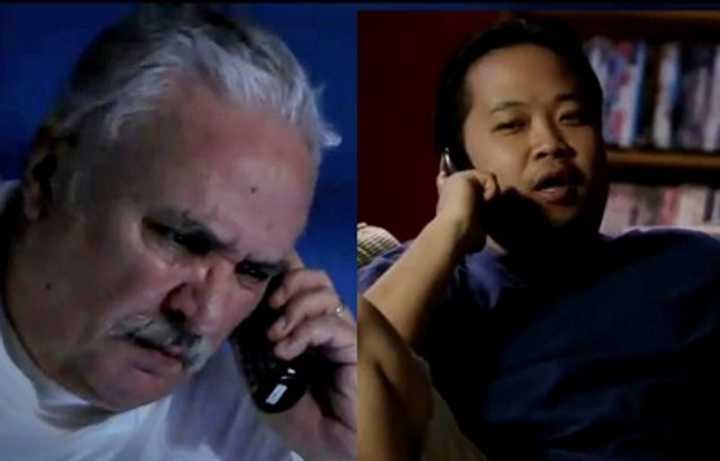In 2010, the Federal Trade Commission received more than 60,000 complaints nationwide — and 1,549 in New Jersey — about the grandparent con and related impostor scams.
New Jersey victims lost an average $3,500, according to the State Division of Consumer Affairs.
Most of the thieves claimed to be calling from Canada – specifically Montreal, Toronto, Ontario or Vancouver – or England.
Former N.J. Attorney General Paula T. Dow, working with the DCA and the Consumer Federation of America, participated in a program last year aimed at making more people nationwide aware of the scams.
The Senior Fraud Education & Protection Program (FedUp) features an instructional video aimed at keeping unwitting victims from being separated from what may be their life savings.
“Scams in which criminals prey on senior citizens, manipulating their fears and stealing their savings, are among the most malicious in our society,” Dow said at the time.
A Wayne couple said they nearly fell victim to one of the scams.
On Feb. 15 they got a call from a boy who sounded “remarkably” like their grandson saying he was in a Canada jail following a car crash in which his nose was broken. He needed $2,800 in bail money.
What frightened the couple most was that the caller had specific family details — apparently gleaned from social networking pages.
They were ready to send the money, they said, when family members interceded.
TIP SHEET:
* ALWAYS check with a family member to find out whether the emergency caller re ally needs help;
* NEVER wire money without independently making sure the story is true; even if it is the truth, that extra time won’t hurt. If it’s not, you’ve saved yourself from a huge loss;
* Take the time NOW for a family discussion about this and similar scams. Consider creating a code word or phrase – one only you all would know – in case you get or have to make an emergency call.
“The Division of Consumer Affairs is committed to protecting our senior citizens from those criminals who view seniors as easy marks, who aim to prey on their generosity and kindness, who seek to profit from a grandparent’s anguish,” said Thomas R. Calcagni, Acting Director of the New Jersey Division of Consumer Affairs. “We are warning all of New Jersey’s seniors and their loved ones to be wary and watchful of these scams.”
Susan Grant, the director of Consumer Protection at the Consumer Federation of America, said she hopes the video and new tips published here and elsewhere “help consumers in New Jersey and across the country avoid being tricked out of their money.”
FOR MORE INFO or TO FILE A COMPLAINT: NJConsumerAffairs.gov …
OR CALL: 1-800-242-5846 (toll free within New Jersey) or 973-504-6200.
CLICK HERE FOR: SPECIAL PAMPHLET
* Scammers typically ask the victim to send funds via a money order or Western Union. Once you’ve done that, it’s gone for good — and, usually, so are they.
* Scammers often use marketing lists, with names and phone numbers or email addresses, to target victims.
* Some scammers will tell their story using specific details, such as the names of the grandchild’s relatives or friends. Victims make the information easy to find by posting it all over Facebook and other social networking sites without using the necessary controls to keep such data private.
* Some scammers hack into email accounts, then send emergency emails to friends.
* Scammers who call typically try to prevent any verification. “Don’t tell mom,” they’ll say. Or something that urges the intended victim to act immediately.
{loadposition log}
Click here to follow Daily Voice Paterson and receive free news updates.


